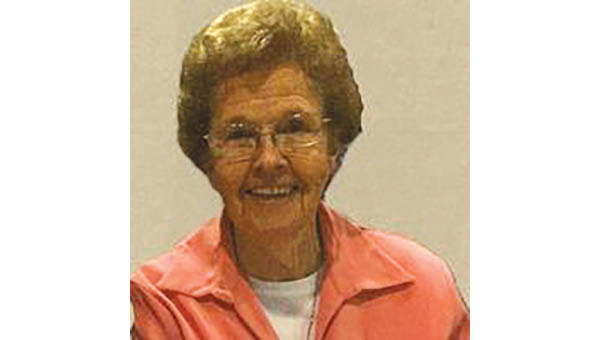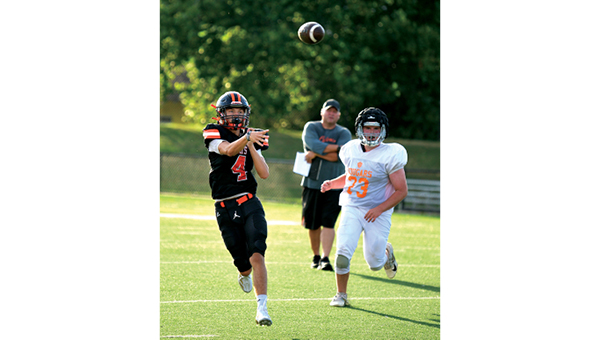Judge expected to rule on suppression of confession in murder case on Wednesday
Published 6:33 pm Monday, July 31, 2017

- Star Photo/Abby Morris-Frye Eric Azotea, at left, speaks with attorney Lesley Tiller during a court appearance in June.
A Carter County judge is expected to rule Wednesday on whether or not to suppress statements given by the defendant in a double homicide case.
In June, Judge Stacy Street heard arguments and testimony over two days of hearings regarding a motion by attorneys for Eric Azotea asking the court to suppress a confession Azotea allegedly gave to investigators.
Azotea, 45, faces charges of two counts of first degree murder, two counts of abuse of a corpse, and one count of tampering with or fabricating evidence. The charges stem from an investigation into the 2015 deaths of Art Gibson and Amber Terrell. The District Attorney’s office is seeking the death penalty against Azotea in the case.
Trending
During a motions hearing on June 21, Criminal Court Judge Stacy Street denied a motion by the defense seeking to disqualify District Attorney General Tony Clark and his staff from prosecuting the case. At that time, Street asked both the State and the Defense to submit written arguments regarding the defense motion to suppress Azotea’s statement to investigators. Street said he would issue a ruling on the motion during a scheduled hearing on August 2.
The defense argues that Azotea invoked his right to a lawyer and investigators continued to question him even after he asked to speak with an attorney. The State contends that Azotea chose to continue speaking to investigators and rescinded his request for an attorney.
In the defense argument in support of the motion to suppress, the defense attorneys state investigators continued to interrogate Azotea even after he asked to speak to an attorney. The state does not dispute the fact that Azotea requested an attorney and investigators contacted the District Attorney’s Office attempting to find an attorney for Azotea to speak with.
The defense argues interrogation of Azotea should have stopped immediately after he requested a lawyer. “Not withstanding, and after the request, Officer (Mike) Little engaged the defendant by informing him that his girlfriend, Kristen (Jones), was being cooperative with their investigation,” the defense argument states. “Obviously, that information was provided to Azotea so that he would assume Kristen was talking and that she was probably implicating him and that he should get out ahead of the information she was providing. This assumption was reasonable on the part of Azotea whether intended by Officer Little or not and was provided to Azotea for the purpose of eliciting a response and was clearly in violation of Miranda.”
Defense attorneys cite a Supreme Court ruling which states “The term interrogation under Miranda refers not only to express questioning, but also to any words or actions on the part of the police [other than those normally attendant to arrest and custody] that the police should know are reasonably likely to elicit an incriminating response from the suspect.”
Should the court rule to suppress the statement made by Azotea, any evidence investigators obtained as a result of that statement could also suppressed under the “fruit of the poisonous tree” doctrine.
Trending
Azotea’s trial is currently scheduled to begin on Sept. 11, however the defense has also filed a motion seeking to postpone the trial, citing a need for additional time to review evidence and records supplied to them by the State during discovery. Street may also rule on that motion during Wednesday’s hearing.





